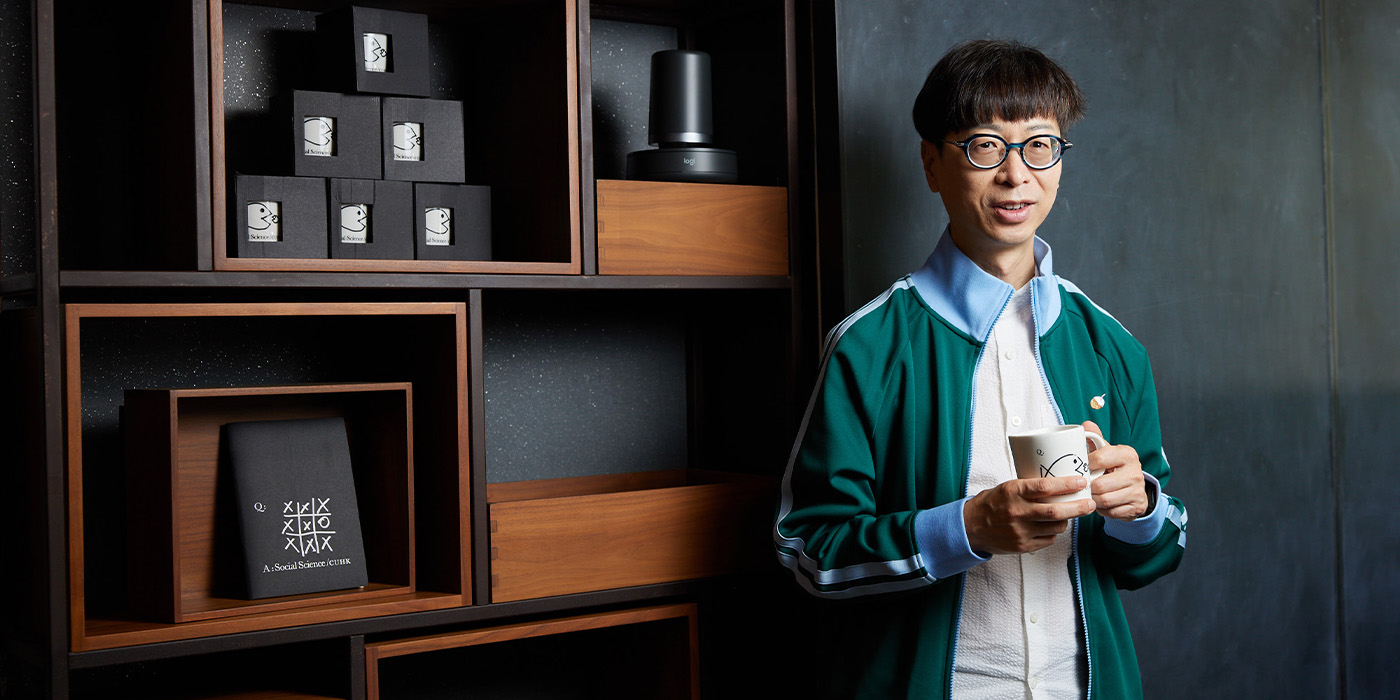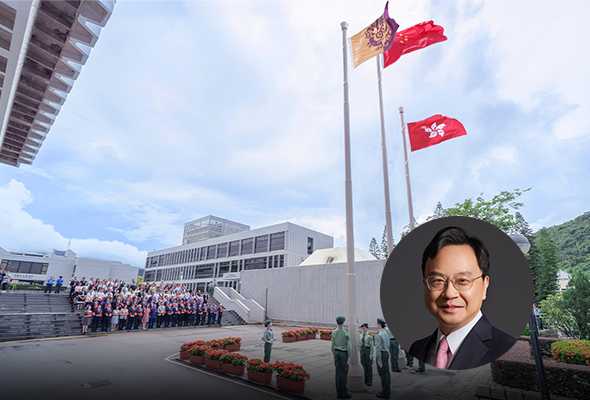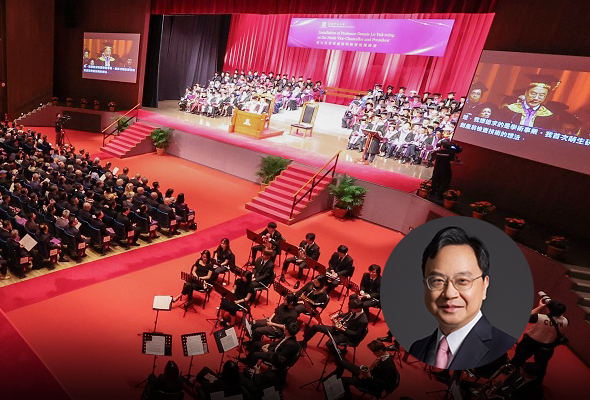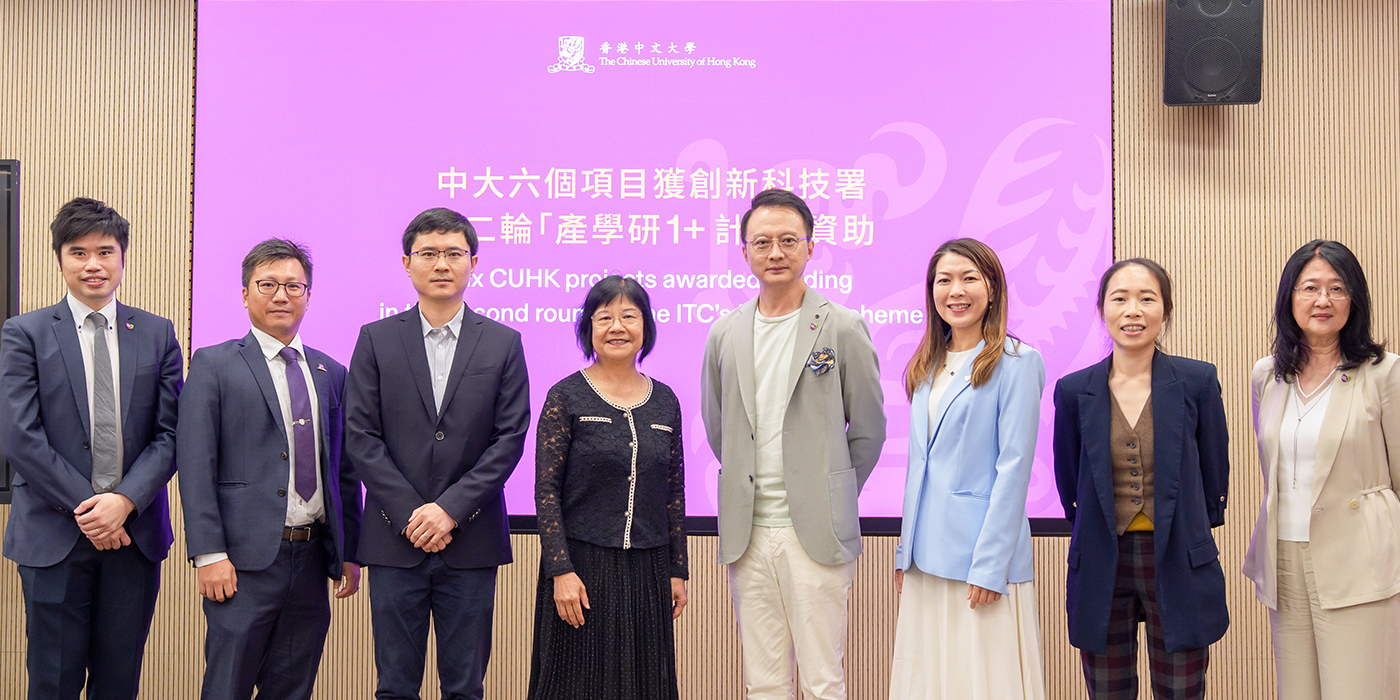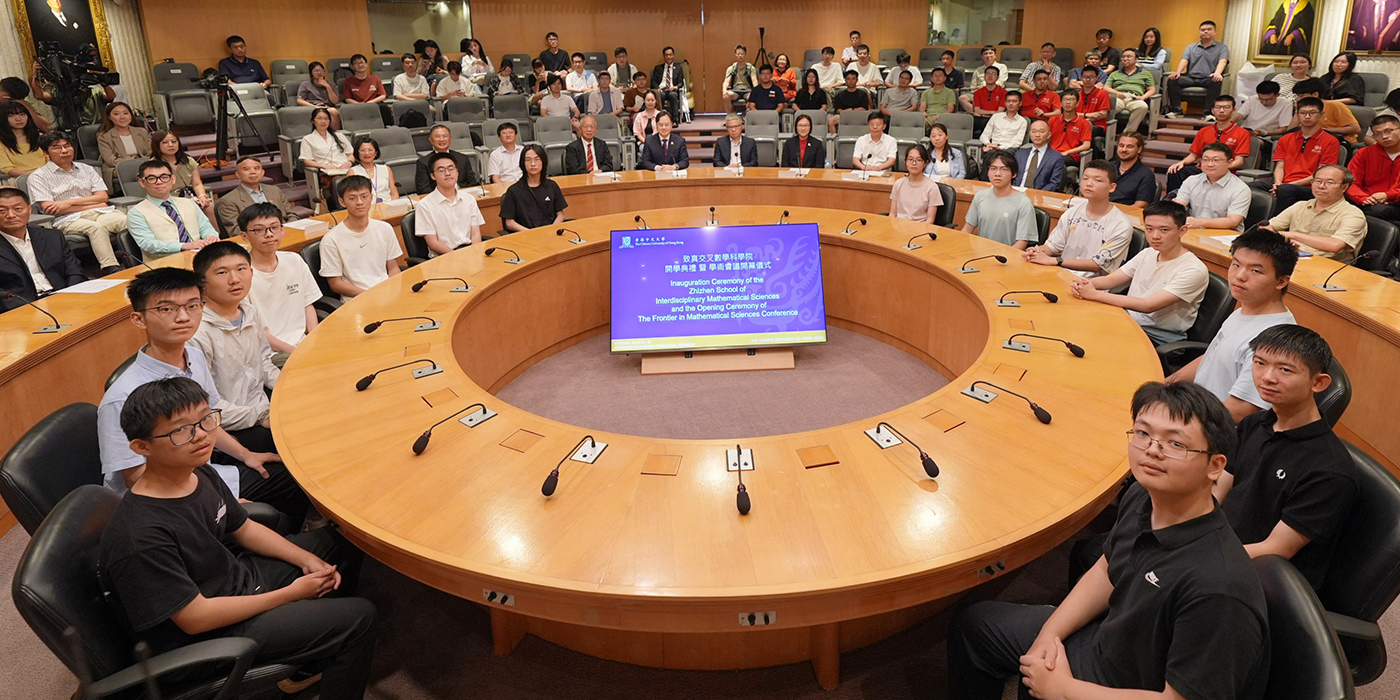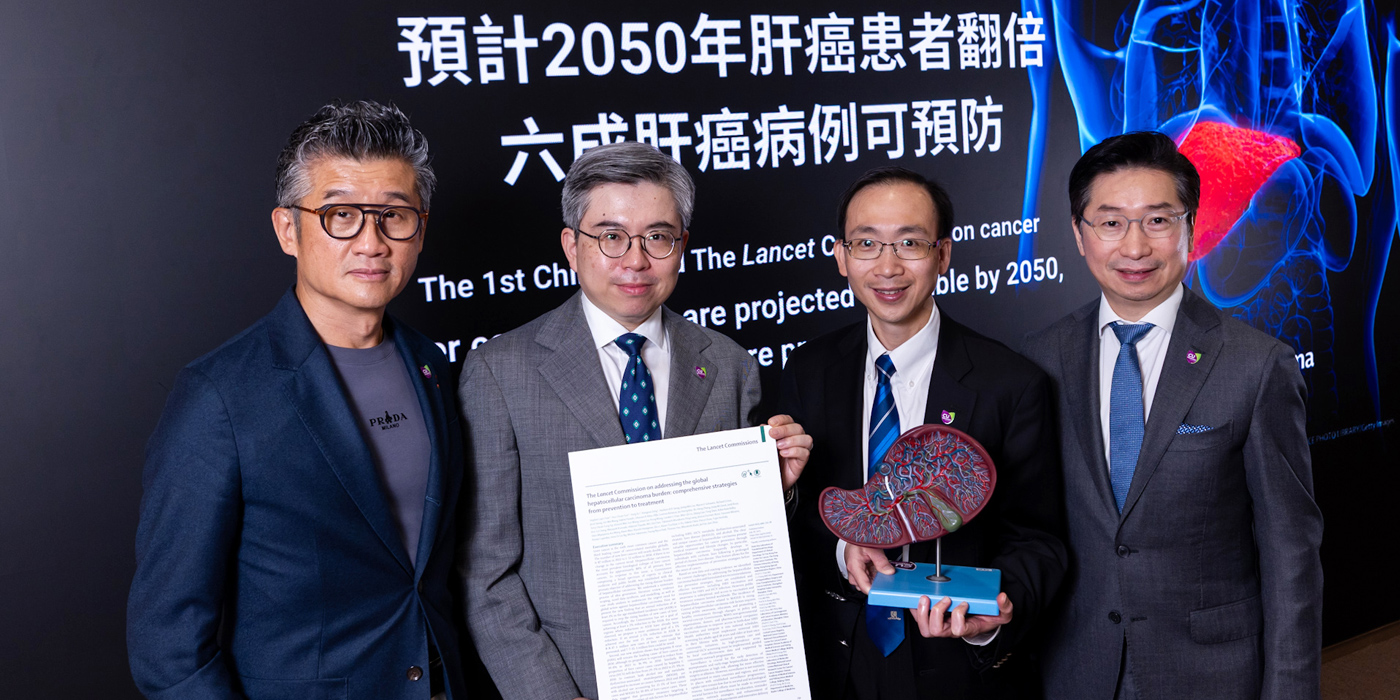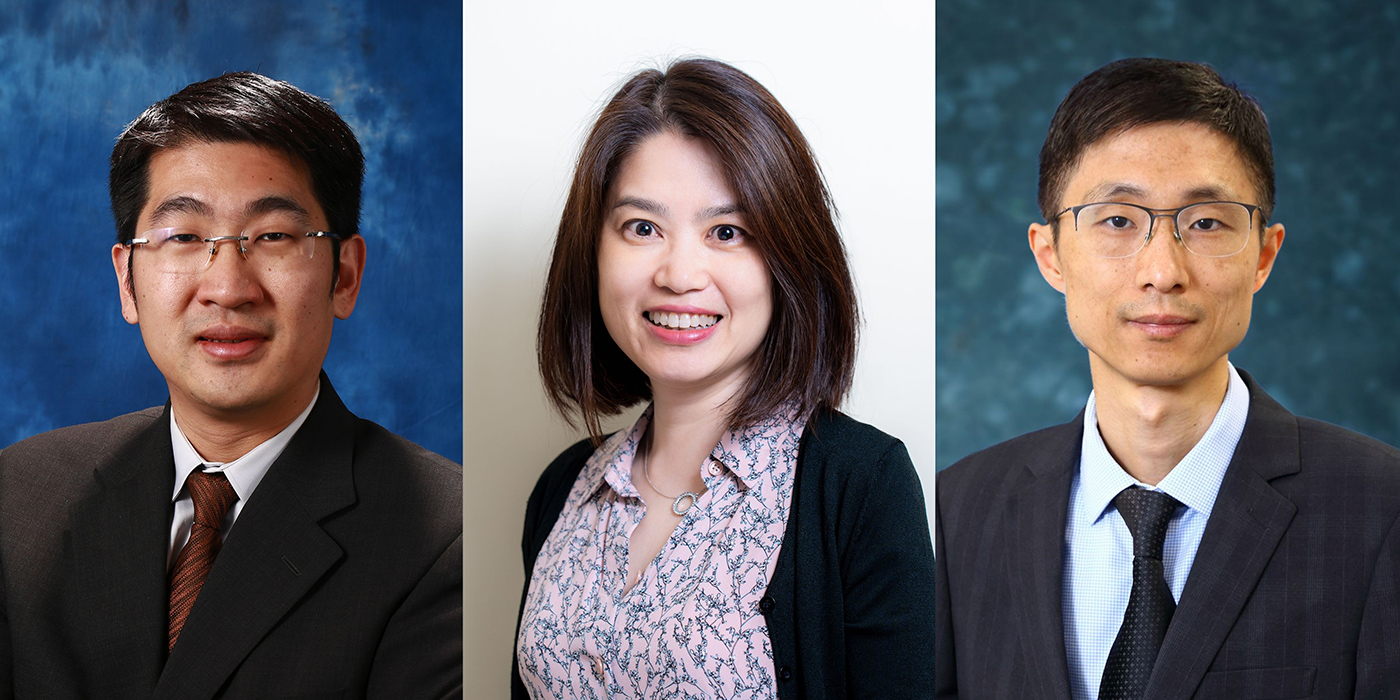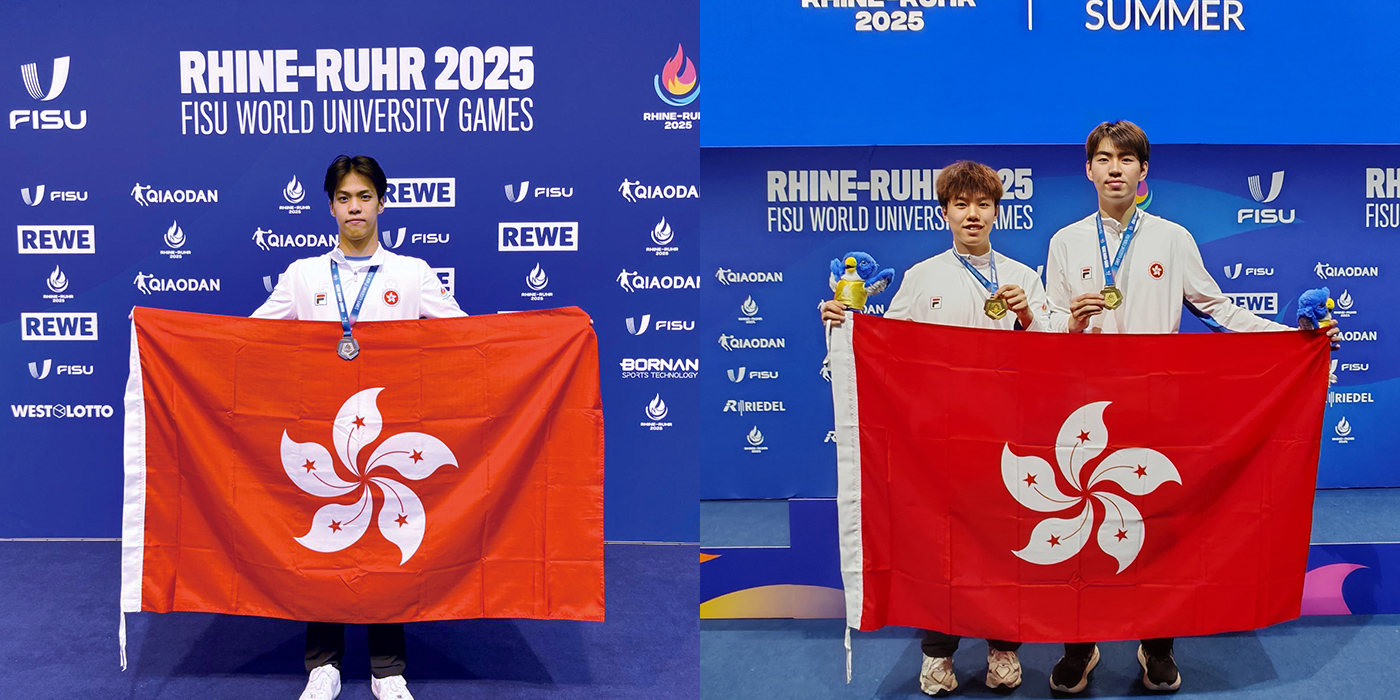A cross-disciplinary mindset
The aesthetic vision of Dean of Social Science Anthony Fung
28 May 2025
Wearing a neatly trimmed fringe, his blue-black glasses perfectly matching the light blue collar and cuffs of his green track top, Professor Anthony Fung Ying-him comes into the interview room exuding a unique charm. His white shirt, dark trousers and brown leather shoes, all harmonised with effortless elegance, blend sporty and formal styles, reflecting his aesthetic sensibility.
The newly appointed Dean of Social Science is known for his unconventional taste in fashion: he occasionally designs menswear himself and boldly wears a men’s skirt to public events, transcending gender and traditional boundaries, as a way to display the cross-disciplinary thinking that’s central to his cultural studies. As a Professor in the School of Journalism and Communication, Director of the Hong Kong Institute of Asia-Pacific Studies and Professor at Beijing Normal University, he leads a wide-ranging research portfolio spanning digital platforms, youth and cultural studies, and cultural industries and policies in Hong Kong and mainland China.
Relentless pursuit of knowledge
In 1992, Fung went to the United States to pursue his master’s and doctoral degrees at the University of Minnesota, after graduating from CUHK School of Journalism and Communication. Encouraged by his US professor to study the development of media in China, he spent every summer in Guangzhou conducting field research. At that time, Guangzhou had yet to become the bustling metropolis it is today; farmland still surrounded Sun Yat-sen University, one of the oldest institutions in the city. Fung went door to door conducting surveys, communicating with locals in elementary Mandarin.
He recalls: “I remember living alone in Guangzhou for a week in 1993 – without a phone, without the internet, relying entirely on myself to find my way.” These early experiences sparked his deep interest in the social changes taking place on the mainland and laid a solid foundation for his future research. He returned to Hong Kong in 1997 and joined CUHK four years later, focusing his academic pursuits on Chinese popular culture.
Professor Fung grew up watching Hollywood films and listening to popular music from around the world, while having many opportunities to travel across the mainland during his childhood. These formative experiences shaped his enduring fascination with Chinese pop culture. In 2000, he went to Beijing to research the mainland’s pop music and television programmes, where he met directors from China Central Television and Hunan Television, as well as record company producers, many of whom later became his friends. These connections provided invaluable resources for his academic work and helped him forge close ties with the cultural circles of mainland China.
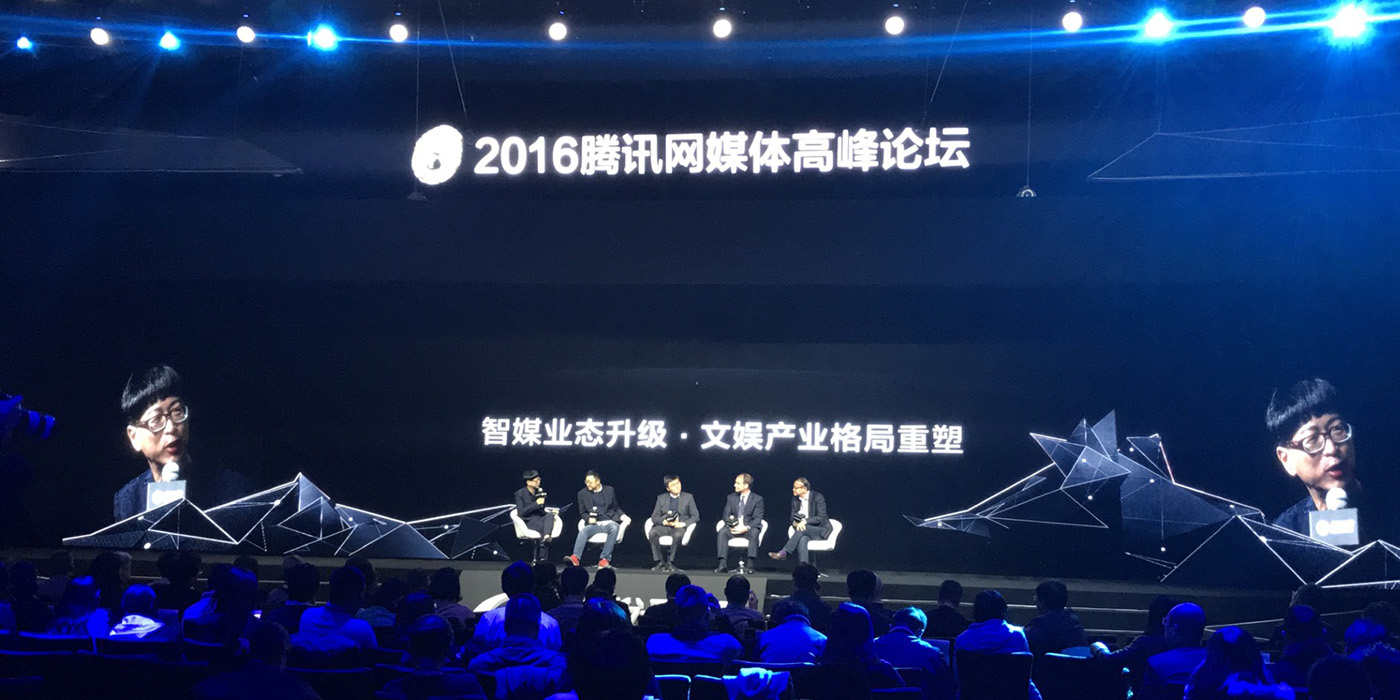
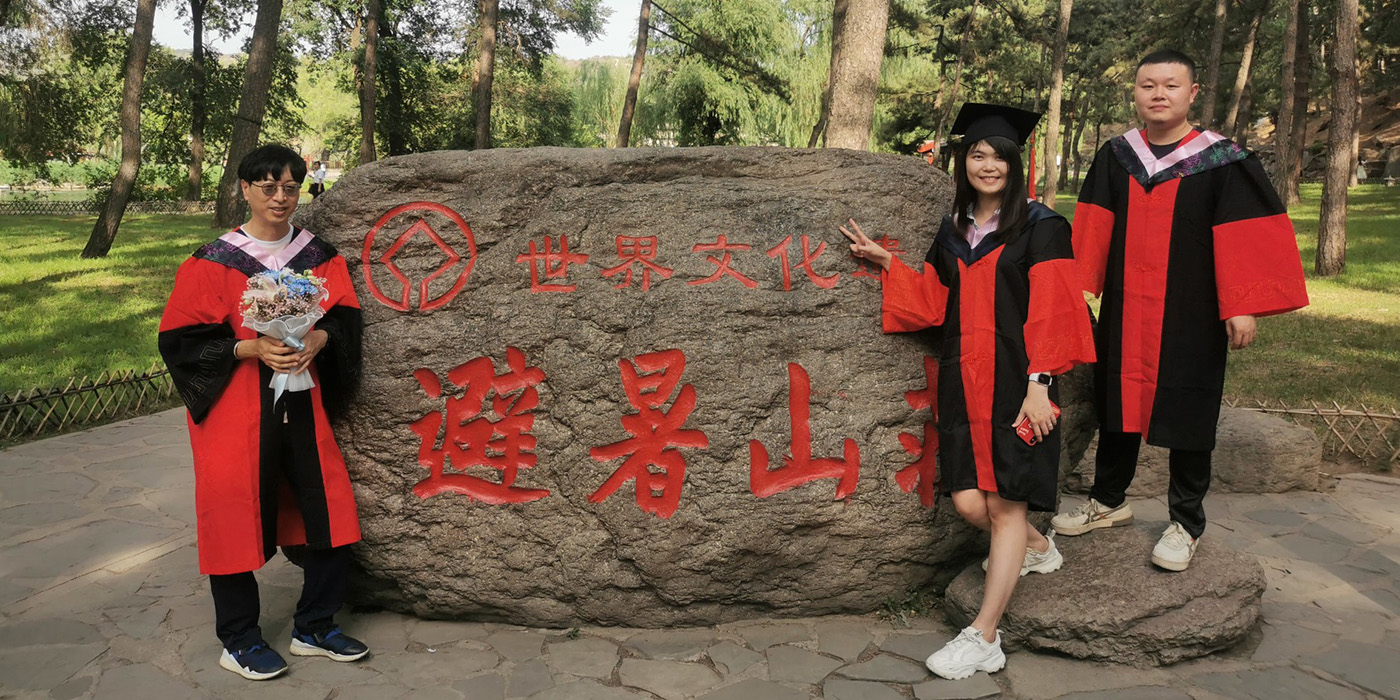
From rock music to digital platforms
Since the early 2000s, Professor Fung has focused on mainland China’s rock music and television variety shows. “Many people don’t understand why I study entertainment, thinking it isn’t serious enough,” he says. “But I believe popular culture is a mirror of society, reflecting the changes of the times.” His research has also extended to emerging digital platforms such as Tencent Games, Bilibili and Douyin.
He was one of the first scholars in China to study cultural industries and policy. Since 2000, he has been examining the development of national fandom and the cultural economy, social networks and short video platforms. He has led postgraduate teams to study Chinese popular culture, including the expansion of gaming and video platforms into Southeast Asia, analysing how these platforms shape social behaviour and cultural consumption. He has also collaborated on research with digital platforms like Tencent and ByteDance.
Recently, his work has focused on how big data and artificial intelligence influence content and interaction on Chinese social media platform Xiaohongshu, or RedNote. “Platform industries have already changed our way of life – from games to short videos, every app operates according to its own logic, with far-reaching impact,” he says.
Interdisciplinary research and social impact
As Dean of Social Science, Professor Fung emphasises interdisciplinary collaboration, believing that today’s societal challenges, such as environmental sustainability, mental health and wealth inequality, require solutions that cross traditional disciplinary boundaries. One of his major projects, funded by the National Social Science Foundation of China, is the Lantau Island cultural conservation initiative, in which he has worked with Tai O residents to produce a documentary that records the culture and history of the Hong Kong fishing village.
“The Tai O Dragon Boat Water Parade is part of national cultural heritage. This project documents this heritage from the perspective of the Tai O community,” he says. “We are not only conducting research but also striving to foster community cohesion.”
Under his leadership, the Hong Kong Institute of Asia-Pacific Studies of CUHK collaborates with the Hong Kong Jockey Club to implement the Food Bank project, which enables people in need to purchase healthy food with electronic vouchers on an online platform, improving their diet and well-being. “This is not just about providing money or food,” he explains. “We aim to leverage education and technology to help people live with greater dignity.”
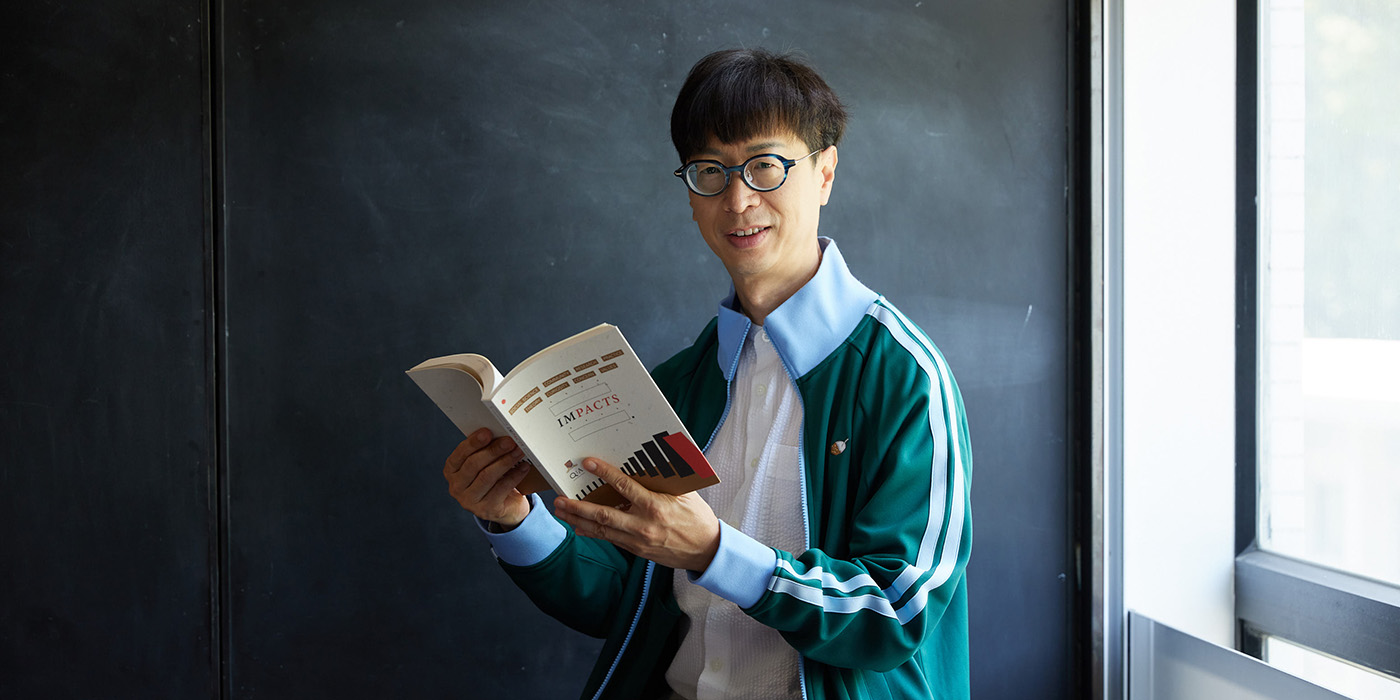
Building bridges between China and the world
Professor Fung’s extensive network on the mainland has provided CUHK students with numerous internship opportunities, allowing them to participate in the daily operations of leading enterprises such as Tencent and Hunan Television. “China is vast and rich in resources. Understanding developments on the mainland helps broaden students’ horizons,” he notes. He plans to work with top institutions like Peking University and Tsinghua University to launch joint postgraduate programmes, fostering research exchange between the regions and expanding students’ global perspectives.
He is also dedicated to promoting the internationalisation of CUHK, attracting more students from Belt and Road countries to study at the University and enabling students from Europe and the US to gain deeper insights into Chinese culture. “Although Hong Kong is small, five of its universities rank among the world’s top 100 and English is widely used. This makes the city an ideal place for overseas students to experience China’s development at the crossroads of East and West.”
Despite his rigorous academic and administrative responsibilities, Professor Fung keeps up his passion for popular culture. A die-hard fan of late singer Teresa Teng Li-chun, he engages in events organised by her Hong Kong fan club. With a warm smile, he notes: “My study of popular culture is driven not only by academic pursuit but also by a genuine love for it.”
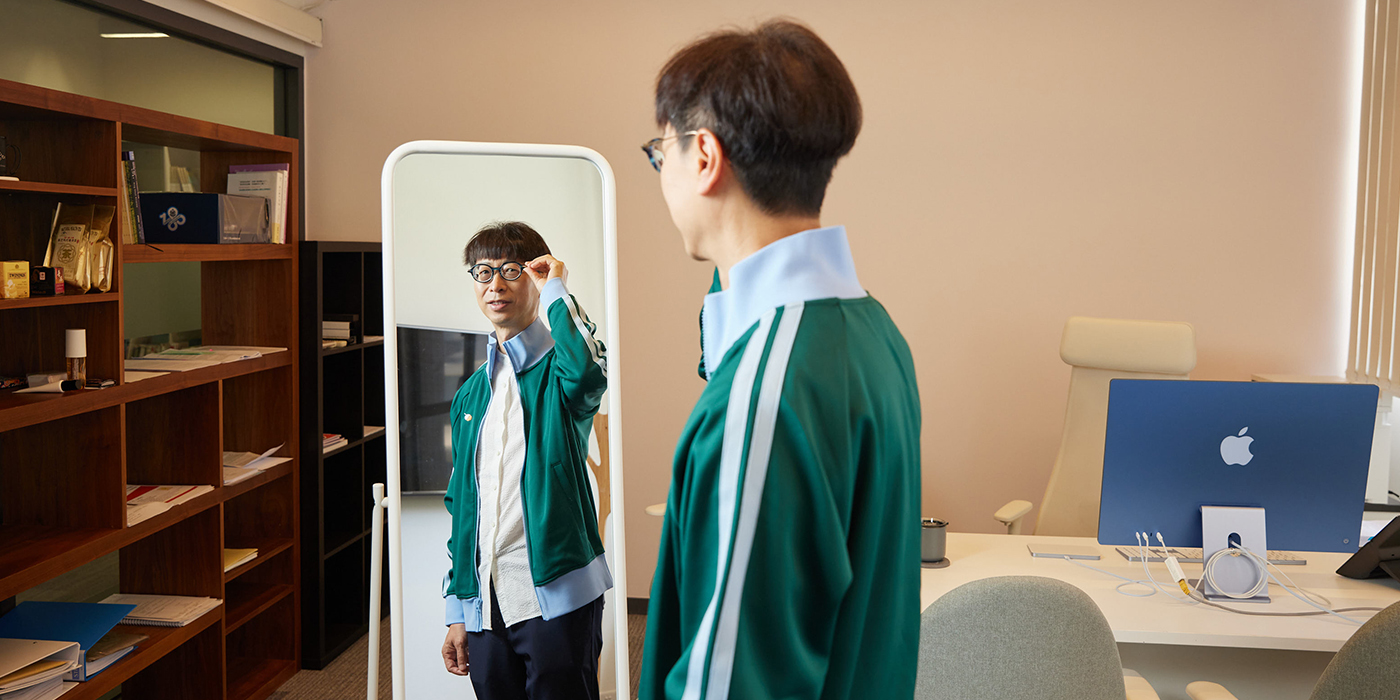
By Jenny Lau
Photos by Keith Hiro

